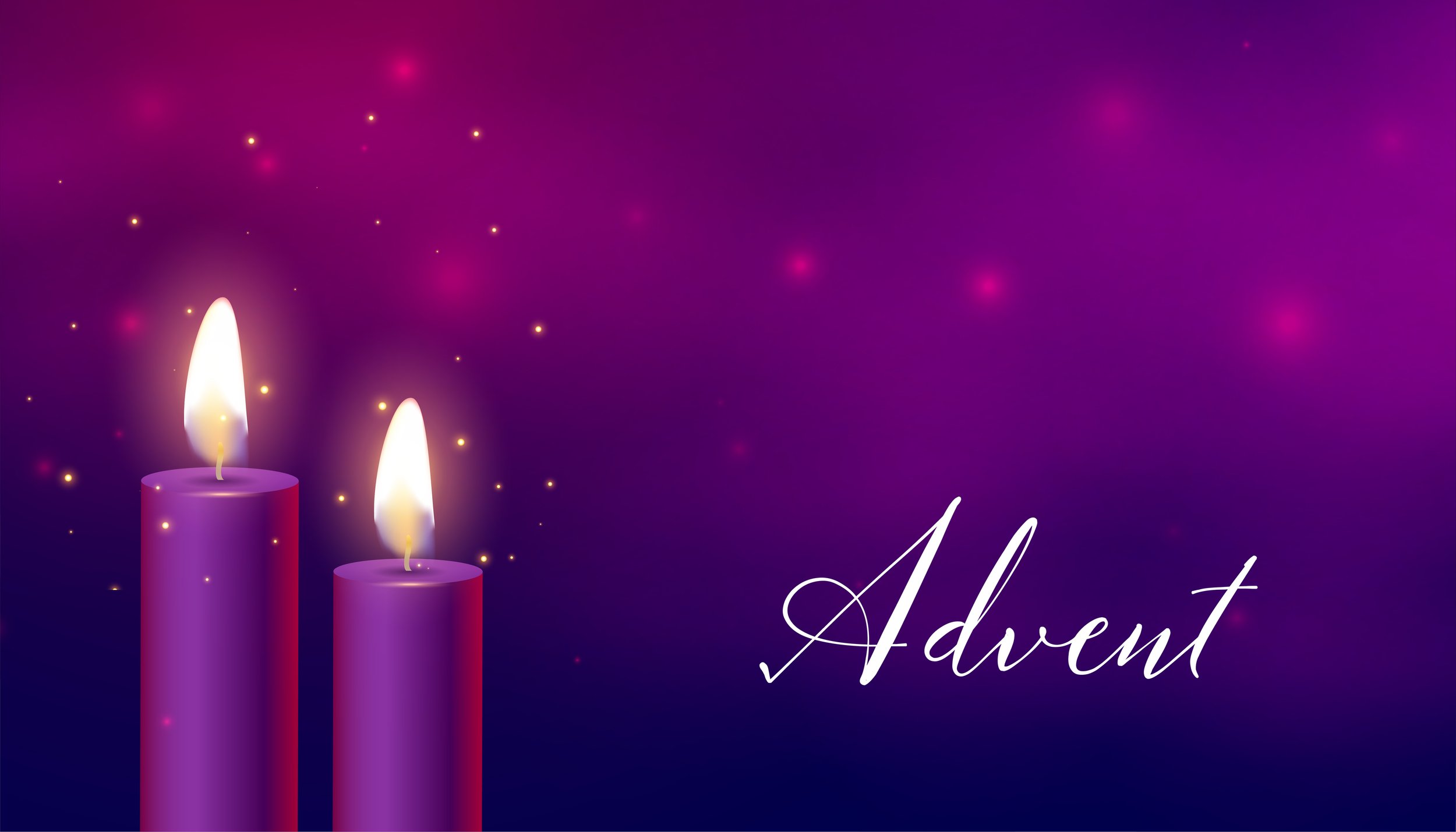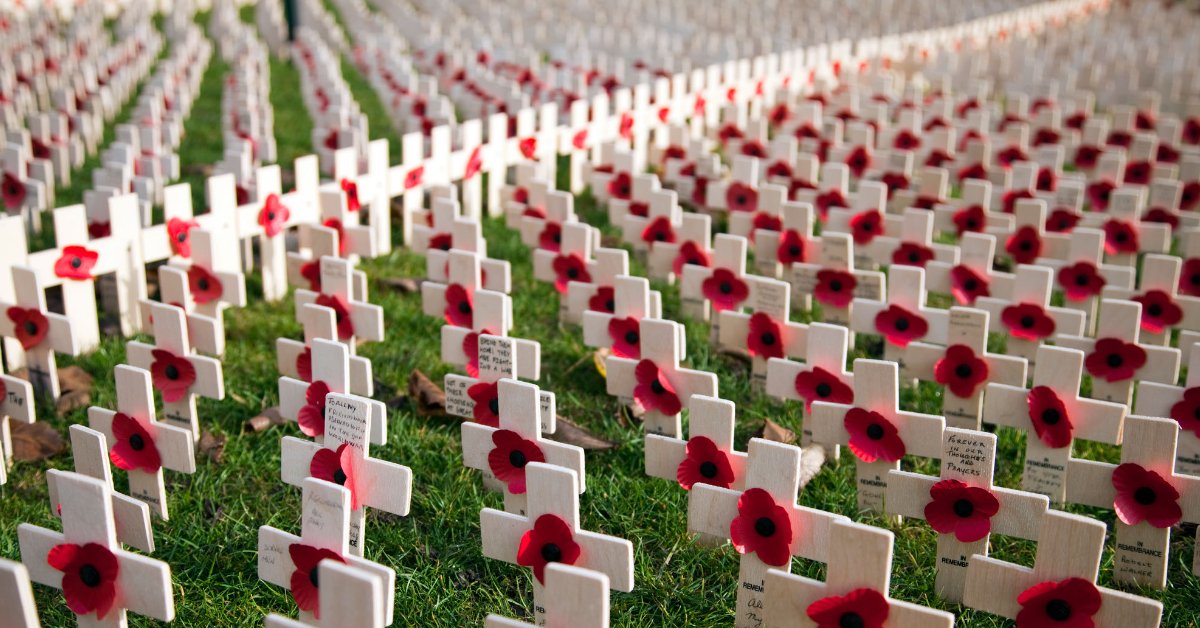Dear Parishioners:
Pope Francis celebrates Guadete Sunday in the traditional Rose Vestment.
It’s Gaudete Sunday, the Third Sunday of Advent., The word “gaudete” is derived from the Latin words “gaudium,” joy, and “gaudeo,” to rejoice. The nearness of the feast of Christmas is the reason for this great joy. The Latin word “Gaudete” is taken from the Entrance Antiphon: “Rejoice in the Lord always; again I say, rejoice. Indeed, the Lord is near.” It is often called Rose Sunday because of the color of the vestments.
Advent is the season of preparing for the arrival of the Lord Jesus, his first and second coming. On Gaudete Sunday, we rejoice that “the Lord is near.” This year, Advent is particularly shorter because Christmas falls on a Monday.
Pope Francis, preaching on Gaudete Sunday, said: “To have this joy in preparation for Christmas, first, pray. Second, give thanks to the Lord. Third, think of how we can go to others to bring unity, peace, and joy. This is the joy of the Christian.”
We live in a world preoccupied with happiness, not joy. Every decision—even the stupid and sinful—is typically driven by the idea that whatever we do leads us to happiness. There is a good reason: God wants us to be happy in this life and the next. Yet, there is a difference between happiness and joy.
The Lord doesn’t speak about happiness. Jesus speaks only about joy and not simply in passing. In the Gospel of John, we hear the words of Jesus: “These things I have spoken to you, that my joy may be in you, and that your joy may be full.” Jesus offers these final words to his apostles at the Last Supper before his Passion and Crucifixion.
A difference between joy and happiness is that joy is a fruit of the Holy Spirit. Happiness is not. In many ways, happiness depends on us. But joy, on the other hand, is entirely different. Joy doesn’t come from us. Joy isn’t a mere feeling, a fleeting pleasure, or a momentary emotional response, as is happiness.
Joy is a fruit of the Holy Spirit. When the Holy Spirit is active in our lives, we experience joy as well as peace, patience, kindness, goodness, generosity, self-control, and all the other fruits of the Holy Spirit. These are not mere feelings of pleasure or delight. Happiness is but a consequence, not a way of being. Everyone desires to be happy and hopes that happiness might be the final goal in life. But being happy does not lead us there. After all, we can’t practice happiness; either we have it or we don’t.
On the other hand, we can practice joy in our lives thanks to the Holy Spirit. St. Pope John Paul II said: “God made us for joy!” Let us celebrate the coming Feast of Christmas with joy! It will soon be here, as Christmas Day is just a week from this Monday!
When Christmas falls on a Monday, we joyfully attend Mass twice the same weekend, once for the Fourth Sunday of Advent and then again for Christmas. Thus, the Masses next Saturday at 4:00 pm and Sunday at 7:30 am, 9:00 am, and 10:30 am fulfill the Sunday obligation for the Fourth Sunday of Advent. While the obligation to attend Mass on Christmas begins on Sunday, Christmas Eve, with the 4:00 pm Vigil Mass, preceded by a concert by our OLM School Children’s Choir. The Christmas Mass at night is at Midnight and is preceded by a concert by our OLM Choir and the guest orchestra. It is always a solemn and beautiful Mass, so please join us on Christmas Eve at 11:30 pm for the concert, followed by Midnight Mass. Christmas Day Masses are at 7:30 am, 9:00 am, and 10:30 am. Keep the Mass in Christmas!
“Confession is an act of honesty and courage - an act of entrusting ourselves, beyond sin, to the mercy of a loving and forgiving God.”-Saint Pope John Paul II
These Late Advent Days are the perfect opportunity to make a good Confession. Prepare yourself and your soul to welcome the Messiah at Christmas. Welcome Him with a clear conscience and clean heart. Pope Saint John Paul II said: “Confession is an act of honesty and courage - an act of entrusting ourselves, beyond sin, to the mercy of a loving and forgiving God.”
This Monday evening, we have four priests, including three Dominican Friars, hearing Confessions from 6:00 pm until 8:00 pm. And next Saturday, two priests are hearing Confessions from 2:00 pm until 4:00 pm. The forgiveness of our sins by the Merciful Messiah makes our Christmas more meaningful and joyful.
Do good. Be well. God Bless. “Again, I say rejoice. Indeed, the Lord is near!”




























